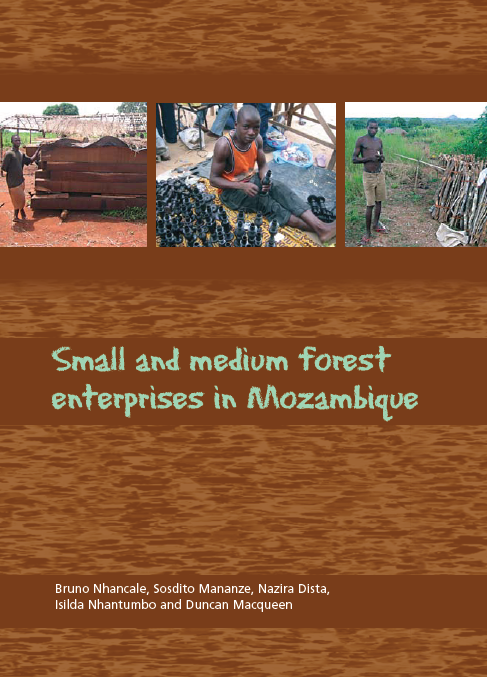Focal point
Location
Mission
Our mission is to build a fairer, more sustainable world, using evidence, action and influence in partnership with others.
Who we are
IIED is one of the world’s most influential international development and environment policy research organisations. Founded in 1971 by economist Barbara Ward, who forged the concept and cause of sustainable development, we work with partners on five continents. We build bridges between policy and practice, rich and poor communities, the government and private sector, and across diverse interest groups. We contribute to many international policy processes and frameworks, including the Intergovernmental Panel on Climate Change, the Millennium Ecosystem Assessment and the UN conventions on climate change and biological diversity.
What we do
IIED carries out research, advice and advocacy work. We carry out action research — generating robust evidence and know-how that is informed by a practical perspective acquired through hands-on research with grassroots partners — and we publish in journals and maintain high research standards. We advise government, business and development agencies, and we argue for changes in public policy. We focus on bottom-up solutions, stay open to flexible, adaptable solutions and are marked by a tradition of challenging conventional wisdom through original thinking.
Resources
Displaying 291 - 295 of 367Small and medium forest enterprises in Mozambique
Natural forests and other types of woody vegetation cover 55.3 million hectares of
Mozambique’s total land area. Of the total forest, 67% is suitable for timber production. This represents a substantial commercial resource which forest enterprises could use to help achieve the aims of Mozambique’s Action Plan for the Reduction of Absolute Poverty (PARPA) in a country where 70% of the population lives in rural areas.
Supporting small forest enterprises
IIED’s Forest Team engagement with Mozambique began in January 2002, with a two year policy support process to the multi-donor ProAgri programme based at the then Direcção Nacional de Florestas e Fauna Bravia (DNFFB) – later to become the Direcção Nacional de Terras e Florestas (DNTF) – the national directorate of land and forests. At that time, the main legal frameworks had only just come into being, with the 1997 Land Law, the 1999 Forestry and Wildlife Law and the 2002 forest regulations.
’Land Grabs’ in Africa: Can the Deals Work for Development?
For many millions in the developing world, land is central to livelihoods, food security, even identity – the result of a direct dependence on agriculture and natural resources. It is not surprising that a recent wave of large-scale land acquisitions in Africa, Central and Southeast Asia, Eastern Europe and Latin America has sparked a major debate. The briefing provides an analysis of this complex and shifting situation, focusing on Africa.
South-South REDD
The implementation of the South–South REDD process was made achievable by those who assumed leadership roles (political and technical), facilitated the meetings and the logistics on the ground (especially the consultations and training) and acted as resources people. It would be impossible to name everyone, but in particular we would like to thank the Minister of Environment, Alcinda Abreu, and Vice-Minister, Ana Chichava, who provided the leadership and often challenged the technical experts.
Décentralization et Limites Foncièrs au Mali
Au Mali, au début des années 1990, la décentralisation fut d’abord un acte politique permettant de proposer une solution viable au problème de la rébellion touarègue.Ensuite, les aspirations aux idées occidentales démocratiques (pluralisme politique,liberté de la presse, etc.) d’une partie des élites urbaines ont rencontré les plans des occidentaux pour le développement de l’Afrique pour donner un système de décentralisation territoriale à la française, mais où la commune est composée d’un ensemble







